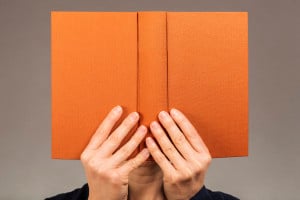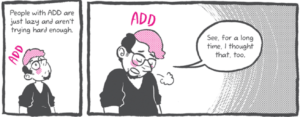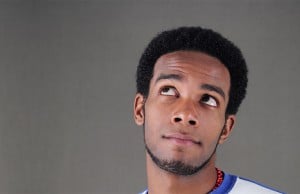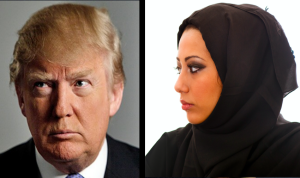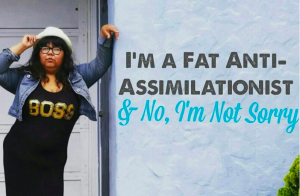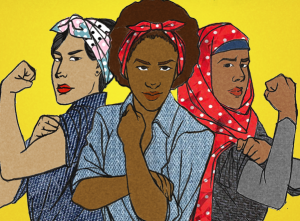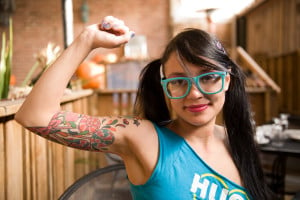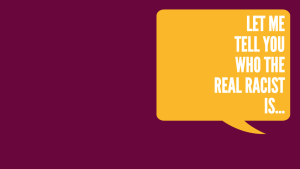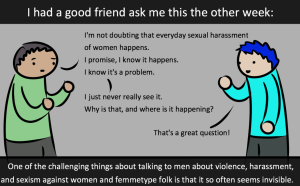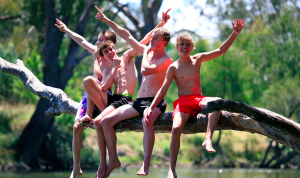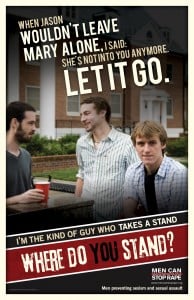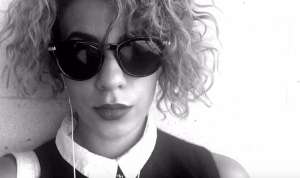
Source: RaceBaitR
Originally published on RaceBaitR and republished here with the author’s permission.
Almost any given object can be split in half with each half making up 50% of a whole.
I can only think of one exception.
When someone asks if I am half black or half white, I don’t want to give the comfortable response they are looking for. Any answer would imply that my Whiteness and Blackness are equal. Any answer would feel like a betrayal.
It’s a ridiculous question.
In my whole self and my brown skin and the whole history of my life, there is no equal or quantifiable percentage of white privilege and racial discrimination.
Both exist.
The recent conversations about race in America that are blowing up my Facebook newsfeed, the anger that is invisible to some and ever present in others, is in my head every day.
My Whiteness and my Blackness are not reconcilable – not now in 2015, not in 1991, when a deputy in Fredericksburg, Virginia asked my Caucasian grandmother if she wanted him to get rid of her coon baby, not in 2004 when my boyfriend’s grandmother told him she wouldn’t let a n*gger girl in her house, not when I bleached my hair in high school and wore blue contacts, not when my schoolmates asked if I was adopted or when strangers, seeing me with two blonde-haired, blue-eyed sisters, asked me if I was the nanny, not when I say I’m biracial, not when friends expect me to apologize for my anger over the murders of Natasha McKenna, Tamir Rice, Sam Dubose, and Tanisha Anderson, not when the white girls laughed, not when the black girls laughed, not when someone asks, laughing, if I’m half-white or half-black, not when the Caucasian box feels like a lie and the African American box feels like a lie and the two or more races box feels like erasure, not when I’m told I’m not white enough or not black enough, not when my white boyfriend refused to hold my hand or introduce me to his parents.
I cannot reconcile these two halves of myself that aren’t really halves. I can taste rage in my mouth, but my white privilege keeps my voice in.
It should sting less when someone says I’m mixed. I shouldn’t feel like a spectator when the news makes me cry and feel wronged and wounded, but:
Security asks to look in my purse when I shop somewhere expensive.
A lost woman on the subway asks me for directions in Spanish and looks at me with anger when I can’t answer.
I’m always patted down at the airport.
I should say with pride that I’m biracial. The duality should be a comfort. It should feel like an acknowledgement of two unequal halves, like a day pass that lets me live in one world or the other.
But it isn’t really a duality or a comfort or a day pass.
When the last of my summer darkness fades in the winter, when my almost-Blackness is replaced by almost-Whiteness, it feels like a loss.
When I say my father is Trinidadian and my mother is Irish-American, but that she grew up poor in a black neighborhood and knows how it feels to feel dirty, it feels like an excuse.
When I say I am a person of color and I lament the ignorance of white folk, it feels like an excuse.
My Blackness feels like an excuse now in 2015 while I write this. My Whiteness feels like a deceit while I write this. I’m scared that I don’t have a language to express my Blackness and I bristle, imperceptibly and so quickly that no one else knows that I do it, when I hear a white friend mourning the death of another unarmed black man – the police brutality of another mentally ill black woman.
I want to say, “You don’t understand, even if you’re an ally and even if you’re outraged. You don’t understand.”
I think I know this isn’t quite fair. I think, maybe, I know this isn’t quite true. I know that would mean half of me doesn’t have the right to be angry at the murders of Mike Brown and Eric Garner and Tamir Rice and Freddie Gray and Sam DuBose either because I’m not always scared to be in a white neighborhood, and I’m not always scared for my life.
But I am sometimes.
I don’t have the right words to say that half of my life has been discrimination and less than half of my life has been privilege because it depends on the eyes of whoever is looking.
To say I don’t have the agency to tell them they are wrong or they are hurtful or they are erasing who I am feels like an excuse. Even now in 2015, in August when I’ve soaked myself in baby oil and baked in the sun and can say with pride that I’m West Indian because people can see it on the outside.
There’s no such thing as half-white or half-black. There’s no such thing as equality in America.
There’s ignorance and denial, discrimination and excuses, and I don’t have answer.
[do_widget id=’text-101′]
Amber Rambharose is an editor at xoJane and YesYes Books. Her poetry and nonfiction have been nominated for Best New Poets and the Pushcart Prize and appear Burntdistrict, PANK, Rattle, Whiskey Island, and elsewhere. Follow her on Twitter @amberdeexterous.
Search our 3000+ articles!
Read our articles about:
Our online racial justice training
Used by hundreds of universities, non-profits, and businesses.
Click to learn more





